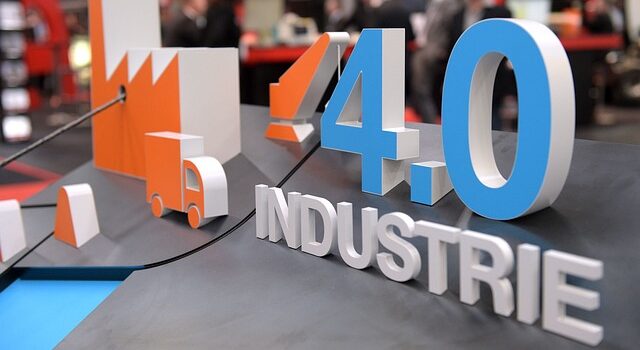Discover key strategies for developing a future-ready workforce in manufacturing. Learn about upskilling, sustainability, and workforce transformation.
Introduction
The manufacturing industry is undergoing a significant transformation driven by technological advancements, shifting workforce demographics, and increasing environmental considerations. To stay competitive and ensure long-term growth, companies must focus on building a sustainable workforce that is skilled, adaptable, and resilient. This blog explores key strategies for achieving workforce sustainability in the manufacturing sector.
The Need for a Sustainable Workforce
Manufacturing is one of the largest employment sectors worldwide, but it faces several challenges:
- Aging Workforce: Many experienced workers are retiring, leading to a shortage of skilled talent.
- Skills Gap: The rise of automation, artificial intelligence (AI), and Industry 4.0 requires new skill sets that many workers lack.
- Employee Retention: High turnover rates and a lack of career development opportunities make it difficult to retain talent.
- Sustainability Demands: Growing emphasis on eco-friendly production requires employees to be trained in sustainable practices.
To overcome these challenges, manufacturers must adopt a proactive approach to workforce development and sustainability.
Strategies for Building a Sustainable Workforce
1. Invest in Skills Development and Training
With the rapid evolution of manufacturing technologies, continuous learning is essential. Companies can:
- Establish in-house training programs focused on automation, robotics, and sustainable practices.
- Partner with vocational schools and technical institutes to create customized learning paths.
- Leverage e-learning platforms and hands-on apprenticeships to upskill existing employees.
2. Attract and Retain Young Talent
Manufacturers must appeal to younger generations who seek meaningful work and career growth. To do this:
- Highlight opportunities for advancement and skill development.
- Offer flexible work arrangements and competitive benefits.
- Promote a culture of innovation and sustainability to attract environmentally conscious workers.
3. Enhance Employee Well-being and Engagement
A motivated and engaged workforce is key to long-term sustainability. Strategies include:
- Providing safe and comfortable working conditions.
- Encouraging work-life balance through flexible scheduling and wellness programs.
- Fostering a culture of diversity, equity, and inclusion (DEI).
4. Leverage Technology for Workforce Efficiency
Industry 4.0 technologies can help manufacturers optimize workforce productivity while reducing operational costs:
- Automation & Robotics: Improve efficiency while allowing employees to focus on higher-value tasks.
- AI & Predictive Analytics: Help identify skills gaps and training needs in real-time.
- Digital Collaboration Tools: Enhance communication and teamwork in remote or hybrid settings.
5. Promote Sustainable Manufacturing Practices
As global regulations and consumer expectations shift towards sustainability, manufacturers should:
- Implement green manufacturing processes and train employees on sustainable practices.
- Invest in energy-efficient technologies and waste reduction initiatives.
- Encourage employees to contribute ideas for environmental improvements.
6. Foster Strong Industry-Academic Partnerships
Collaboration between businesses and educational institutions ensures a steady talent pipeline. Manufacturers can:
- Sponsor STEM (Science, Technology, Engineering, and Math) programs in schools.
- Offer internships and apprenticeships to students in engineering and technical fields.
- Participate in government and industry-led workforce development initiatives.
Government & Industry Reports on Workforce Sustainability
To ensure that workforce sustainability strategies align with industry needs, manufacturers should refer to:
- Ministry of Skill Development & Entrepreneurship (MSDE) – Skill India Mission Reports (https://www.msde.gov.in/)
- National Skill Development Corporation (NSDC) – Manufacturing Skill Development Initiatives (https://nsdcindia.org/)
- Make in India – Workforce Growth in Manufacturing (https://www.makeinindia.com/)
- NITI Aayog – Reports on Manufacturing Sector Employment (https://www.niti.gov.in/)
Conclusion
Building a sustainable workforce is essential for the future of manufacturing. By investing in skills development, attracting young talent, enhancing employee engagement, embracing technology, and promoting sustainability, manufacturers can create a resilient workforce that drives long-term success. As the industry evolves, companies that prioritize workforce sustainability will be best positioned to thrive in an increasingly competitive and eco-conscious market.
Looking to future-proof your manufacturing workforce? Syncwell Infotech specializes in workforce solutions, recruitment, and talent development for manufacturing companies. Contact us today to discuss your hiring needs and build a future-ready workforce!
📩 Email: Sachin.Gawate@syncwell.co.in
🌐 Website: https://syncwell.co.in/



